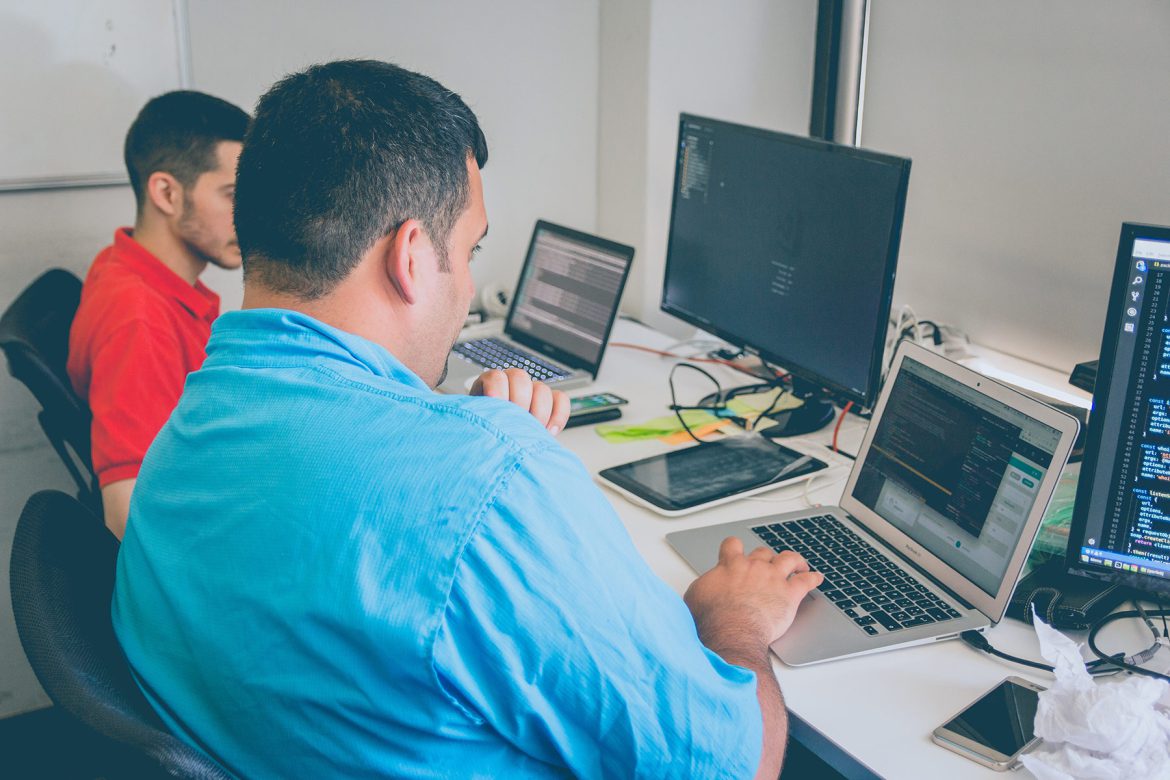Nailing a programming interview requires a combination of technical knowledge, problem-solving skills, and effective communication. Here’s a comprehensive guide to help you prepare and excel in your programming interview.
1. Understand the Interview Process:
- Types of Interviews: Be aware of the interview format, whether it’s a phone screen, technical assessment, coding challenge, or in-person interview.
- Technical and Behavioral Questions: Prepare for both technical questions that test your coding skills and behavioral questions that assess your teamwork and problem-solving approach.
2. Review Fundamentals:
- Data Structures: Have a strong understanding of arrays, linked lists, stacks, queues, trees, graphs, and hash tables.
- Algorithms: Be familiar with sorting, searching, recursion, dynamic programming, and graph algorithms.
- Time and Space Complexity: Understand Big O notation and analyze the efficiency of your code.
3. Practice Problem-Solving:
- LeetCode, HackerRank, and CodeSignal: Solve coding challenges on these platforms to improve your problem-solving skills.
- Variety of Problems: Practice a diverse range of problems, from easy to hard, to become comfortable with different scenarios.
4. Master a Language:
- Choose a Language: Select a programming language you’re comfortable with for coding challenges (e.g., Python, Java, C++).
- Language Specifics: Understand libraries, syntax, and data structures specific to your chosen language.
5. Behavioral Interview Preparation:
- STAR Method: Practice answering behavioral questions using the Situation, Task, Action, and Result framework.
- Examples: Be ready to discuss your teamwork, conflict resolution, leadership, and adaptability experiences.
6. Technical Interview Preparation:
- Mock Interviews: Conduct mock interviews with friends or using online platforms to simulate real interview scenarios.
- Whiteboard Practice: Practice coding on a whiteboard or online coding platforms to mimic the interview environment.
7. Problem-Solving Strategies:
- Clarify the Problem: Make sure you understand the problem requirements and ask clarifying questions if needed.
- Plan Before You Code: Plan your approach before diving into coding. Discuss your thought process with the interviewer.
- Start Simple: Begin with a simple solution and then optimize for efficiency if time allows.
8. Writing Clean Code:
- Readable and Modular: Write code that is easy to read, well-organized, and modular.
- Naming Conventions: Use meaningful variable and function names to improve code readability.
9. Debugging Skills:
- Test Cases: Develop test cases to identify edge cases and ensure your solution works correctly.
- Step Through Code: Mentally walk through your code to catch potential logic errors.
10. Time Management:
- Allocate Time: Divide your time between understanding the problem, planning, coding, and testing.
- Don’t Get Stuck: If you’re stuck on a problem, move on and return to it later if time allows.
11. Communication Skills:
- Explain Your Approach: Communicate your thought process and approach clearly to the interviewer.
- Discuss Trade-offs: If you’re making design decisions, explain the trade-offs you’re considering.
12. Follow-Up Questions:
- Ask Questions: Prepare thoughtful questions for the interviewer to show your interest and engagement.
- Clarify Expectations: Understand the interview’s next steps and timeline.
13. On-Site Interviews:
- Practice Whiteboard Coding: Familiarize yourself with coding on a whiteboard, explaining your approach along the way.
- Behavioral Interviews: Be prepared for behavioral questions in addition to technical ones.
14. Mindset and Confidence:
- Positive Mindset: Approach the interview with confidence in your preparation.
- Learn from Rejections: If you don’t succeed, view it as a learning experience to improve for the next opportunity.
15. Post-Interview Follow-Up:
- Thank You Note: Send a thank-you email to your interviewer(s) expressing appreciation for the opportunity.
16. Continuous Learning:
- Iterative Approach: Continuously practice coding challenges, learn from your mistakes, and refine your skills.
Remember that preparation is key. Dedicate time to reviewing concepts, solving problems, and practicing interviews to build your confidence and skill set. By mastering technical content, enhancing your problem-solving approach, and improving your communication, you can confidently navigate programming interviews and increase your chances of landing your dream job.

